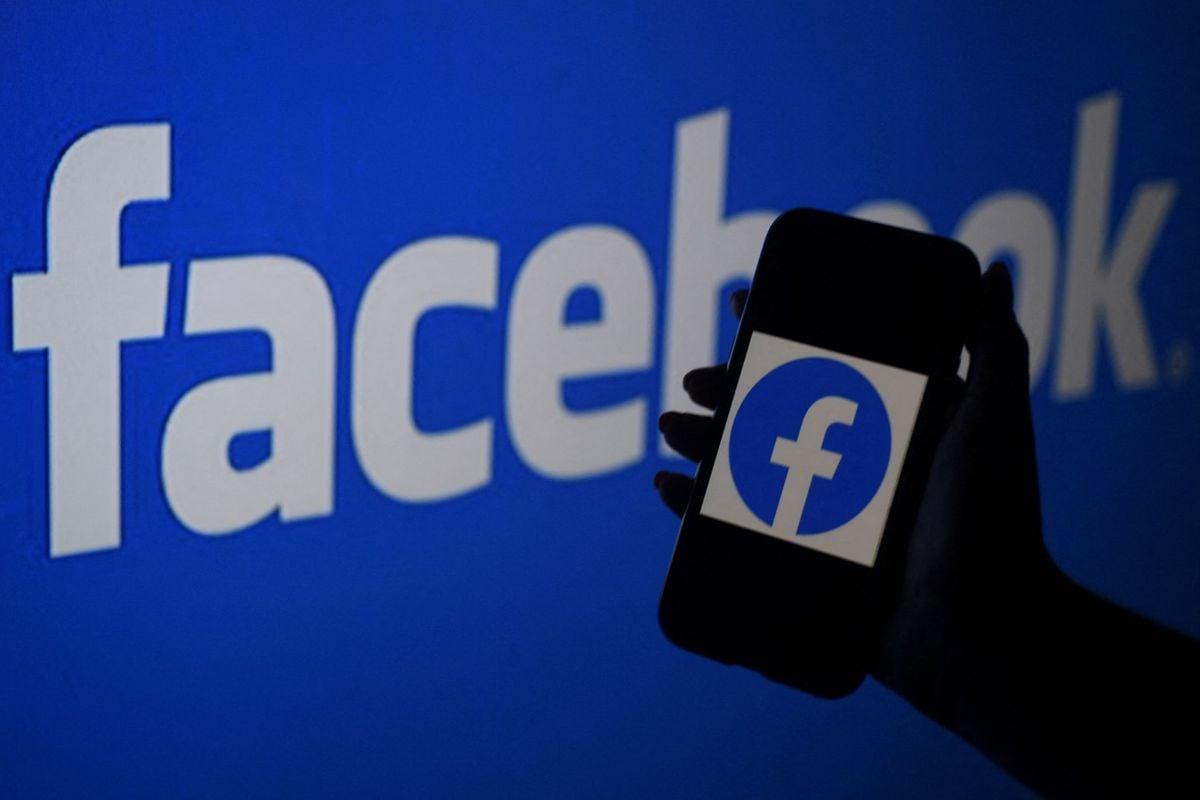Africa-Press – Uganda. Social media platform Facebook continues to be blocked since the 2021 General Election after Meta Technology Company and the government failed to reach an agreement to reopen it.
Meta is the owner of Facebook, the microblogging site.
The government banned Facebook following the deletion of several NRM accounts that were believed to be fake.
Users, however, have found ways around the ban by using virtual private networks (VPN) and those who used to run adverts continue to pay a 15 percent Value Added Tax (VAT) to the tech giant.
Mr Herbert Mugume, who ran adverts for different companies including Sunset Villas, a hospitality facility, told the Monitor that the adverts were paid for despite the ban.
“We used to run paid-for adverts twice a month and we would pay a minimum of $5 [approximately Shs19,000] per advert although the amount increased depending on how many people you wanted to reach,” he said.
READ: Social media, tech firms have until October 30 to be VAT compliant
Mr Mugume says his adverts ran for three days and attracted between 6,000 and 9,000 viewers.
Mr Robert Sebunya, a digital technology consultant, told this publication that there are several challenges that come with the Facebook ban.
“IP addresses keep changing as a result of VPN and Facebook ends up blocking the accounts so you are unable to fulfil your responsibility as an ads manager,” he says.
“People are also frustrated because most of them know how to set up VPN on phone, but when it comes to a computer, it’s a little complicated,” he adds.
The government under the handle “Government of the Republic of Uganda” , a verified account, also continues to frequently use the ‘banned’ platform to communicate to the public. “Thank you for 50,000 followers on Facebook and also Instagram. May 2023 be a year of great things for each one of you,” the government handle posted on Sunday.
The leader of Opposition in Parliament, Mr Mathias Mpuuga, on Wednesday tweeted: “Mr M7 has surely lost touch with reality! The other day he said in a self-mocking speech that ‘I hope now Facebook knows who is in charge of Uganda. If they stop playing games we shall open up’ his handlers were meanwhile celebrating more followers on Facebook.”
He further argues that the President is not hurting Facebook by shutting it down, but rather the Ugandan economy.
URA speaks out
Uganda Revenue Authority (URA) spokesperson Ibrahim Bbosa in an interview yesterday explained that Facebook is obligated to collect taxes and submit to URA as long as there is consumption of a service.
“It is true that Facebook is banned and it is also true that advertisers are being taxed because any non-Residence Company providing services is required to pay VAT. The tax point is consumption, if people have found a way to consume the service [Facebook], then Facebook is legally obligated to tax them and submit to URA,” he says.
What the law says
Under section 16 (2) of the VAT Act, a non-resident person who supplies electronic services to a non-taxable person in Uganda makes a taxable supply. Such a supplier is, therefore, required to charge VAT on the supply, file quarterly returns, and pay VAT due on supply within fifteen from the end of each quarter.
“In tax law it’s all about income whether legally or illegally obtained, because there is no equity. So for as long as Facebook is providing services In Uganda and making income, that income is taxable,” Mr Ferdinand Tumuhaise, a tax lawyer with Kampala Associated Advocates, told this publication in a phone interview.
Facebook is the second highest used social media platform with more than 2.5 million active users in Uganda, according to Mr John Babirukamu, the general manager of Hedge Marketing, a creative, digital marketing and communications agency. However, the number has dropped from over three million users before the platform was banned by the government.
Mr Babirukamu says lifting the ban of Facebook might not increase the number of users as 80 percent of them are below the age of 35 and are moving to other platforms such as Tiktok.
Government agencies using Facebook
1. The government of the Republic of Uganda
2. Uganda Revenue Authority
3. Uganda Police Force
4. Uganda National Roads Authority
5. Ministry of Education and Sports
6. Ministry of Works and Transport
7. Ministry of Gender Labour and Social Development
For More News And Analysis About Uganda Follow Africa-Press






